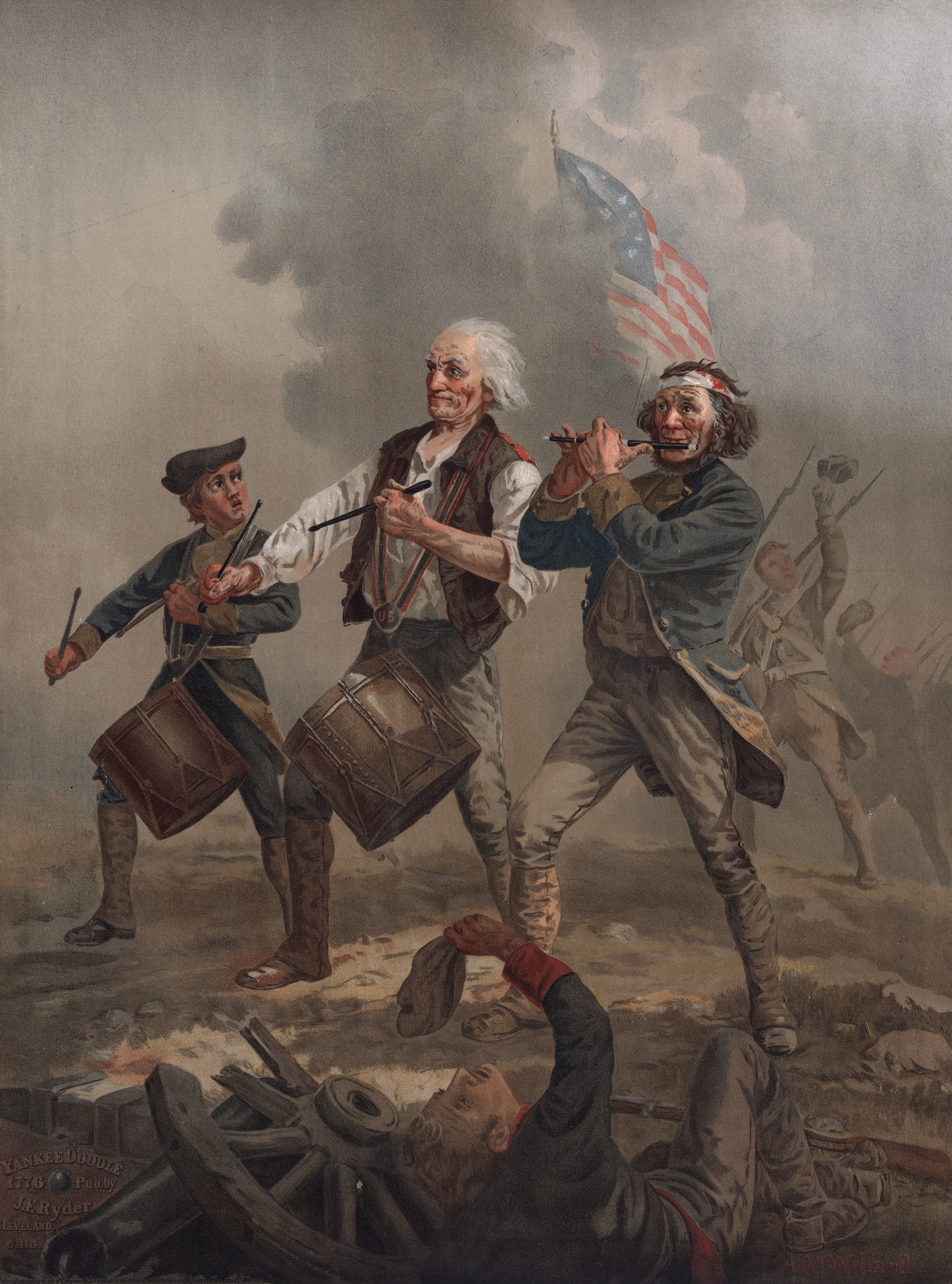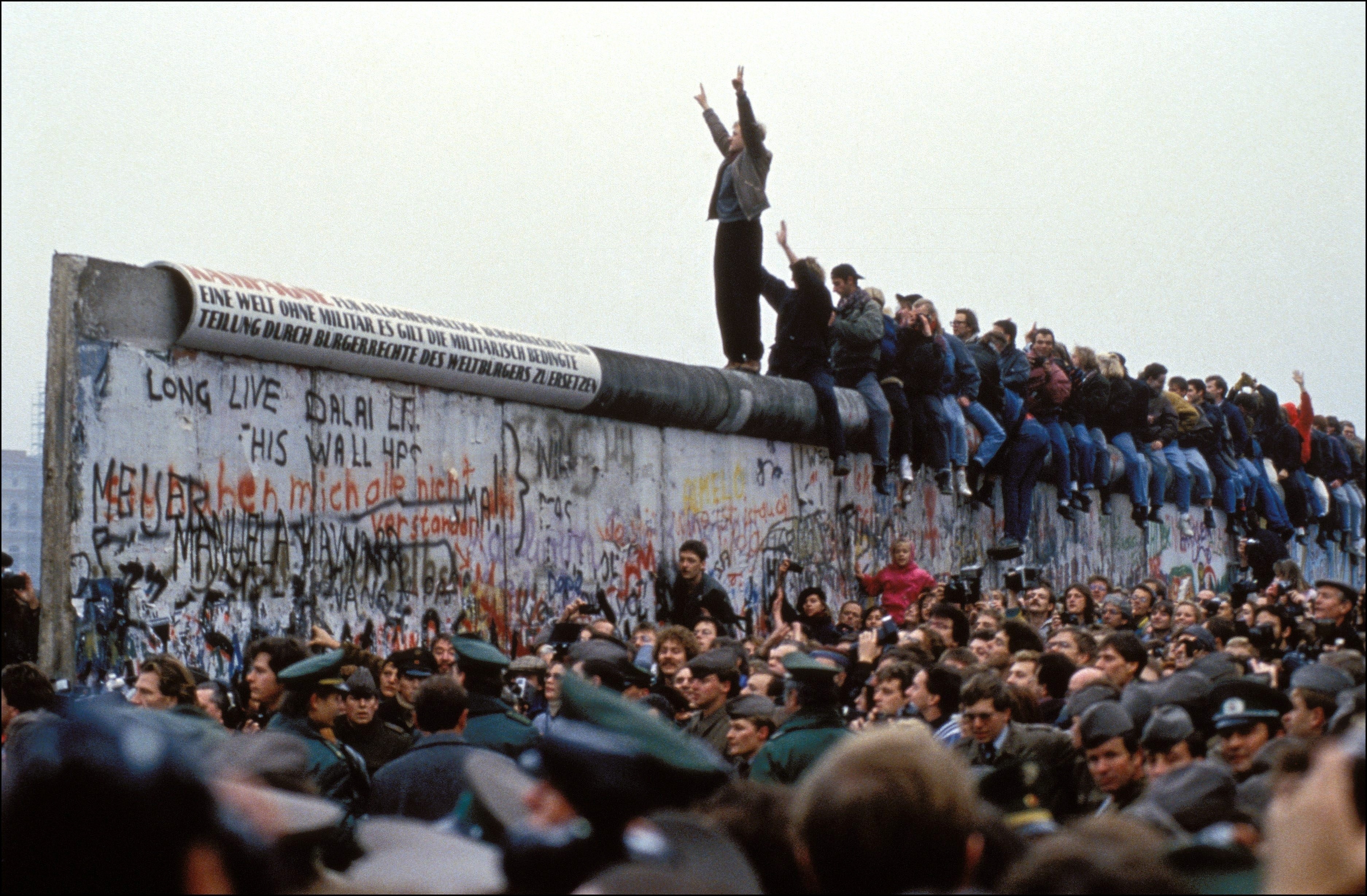When I think about democracy I don't start in the United States. I start in the human heart, for liberty rings inside every human heart. But there are outward expressions of that ringing. That might look like a traffic light. And there the United States is fair play. If democracy is great, is it great in America? That is a fair question to ask. Democracy works and democracy can be seen to fail. But when it fails it is often the lack of democracy. The answer often is more democracy.
But the quality of a democracy is its citizens. Not just citizens who stay adamant about their rights but also citizens that stay at work individually and in family settings and in small group settings honing their moral fiber, willing to give more than they receive, or when they don't receive at all. That endpoint is the domain of the higher power. But so is the starting point. That all human beings have been created equal is not a human axiom. That comes from up above. Democracy is saying all human beings have been created equal.
Let's face it, America right now is openly flirting with the idea that maybe it wants to become a South Africa, a country of white minority rule, except that it doesn't need to create white minority rule, it has always had white minority rule. When you have only two political parties for all intents and purposes, and one party is busy restricting voting rights, you got a problem. The problem is not that the effort might succeed, it likely will not, but the attempt itself is a problem. That country should stop lecturing the rest of the world about democracy.
That is where Nepal comes in, sitting right next to the largest democracy. It is an Iraq size population that did the democracy work without the trillions. It has been seeing revolutionary fervor since 2006. The revolution is not over yet and, guided to its logical conclusion, could yet give the world not only its most cutting edge democracy, the one closest to one person one vote, but also a 20 per cent growth rate for 20 years, thus proving democracy indeed is the best vehicle for prosperity, but it has to be fully applied.
A revolution is not about substituting one elite for another, or making possible a wholesale looting of the public treasury by elected leaders and long entrenched bureaucrats. Corruption is proof of absence of democracy. Of course a corrupt government will not deliver. And that is why Nepal is still in revolutionary fervor 15 years later. Because the delivery has not been made. The street has not been honestly translated into state power. The people remain powerless.
Afghanistan as a country and society was not that different from Nepal before the two superpowers took turns going in. Expat white folks would sing songs about how welcoming and hospitable the Afghans were. They still do so in Nepal. Just don't show up with your military, or the tune might change.
As a country in revolution Nepal offers an amazing opportunity to political scientists around the world. If you were to fashion an optimum democracy today, what might that look like? Nepal as a country with a low economic base also offers economists around the world an opportunity. How could Nepal achieve a 20 per cent growth rate for 20 years straight and eradicate poverty in Nepal and, by example, in the rest of the world, much of it in next door India? Let's bang heads.
When people like Bernie Sanders in the US talk about health care, they sound like they want some of what China has. Those like me who would like to see China go back to double digit growth rates seem to suggest China should become a little more like America. Maybe China needs not one but two communist parties. Break it like they broke AT&T. Take it from Nepal where they have three major ones, and no one knows how many minor ones. You should be able to criticize Mao in China, for where you can not fearlessly criticize, how can you openly and genuinely praise? You can not claim your methods are scientific if opinions are not allowed. That choking is unscientific.
In Nepal perhaps a fusion can be attempted. Many parties are a given. Free speech is the bedrock. But parties can be regulated so as to take the political process as close to one person one vote as possible. And the proof will be in the pudding. Can Nepal eradicate poverty fast and do so without sacrificing the family, the environment, the culture, and the spirituality?
Let the revolution decide, but even revolutions, and particularly revolutions, have to be guided by enlightened minds and open debates.







No comments:
Post a Comment